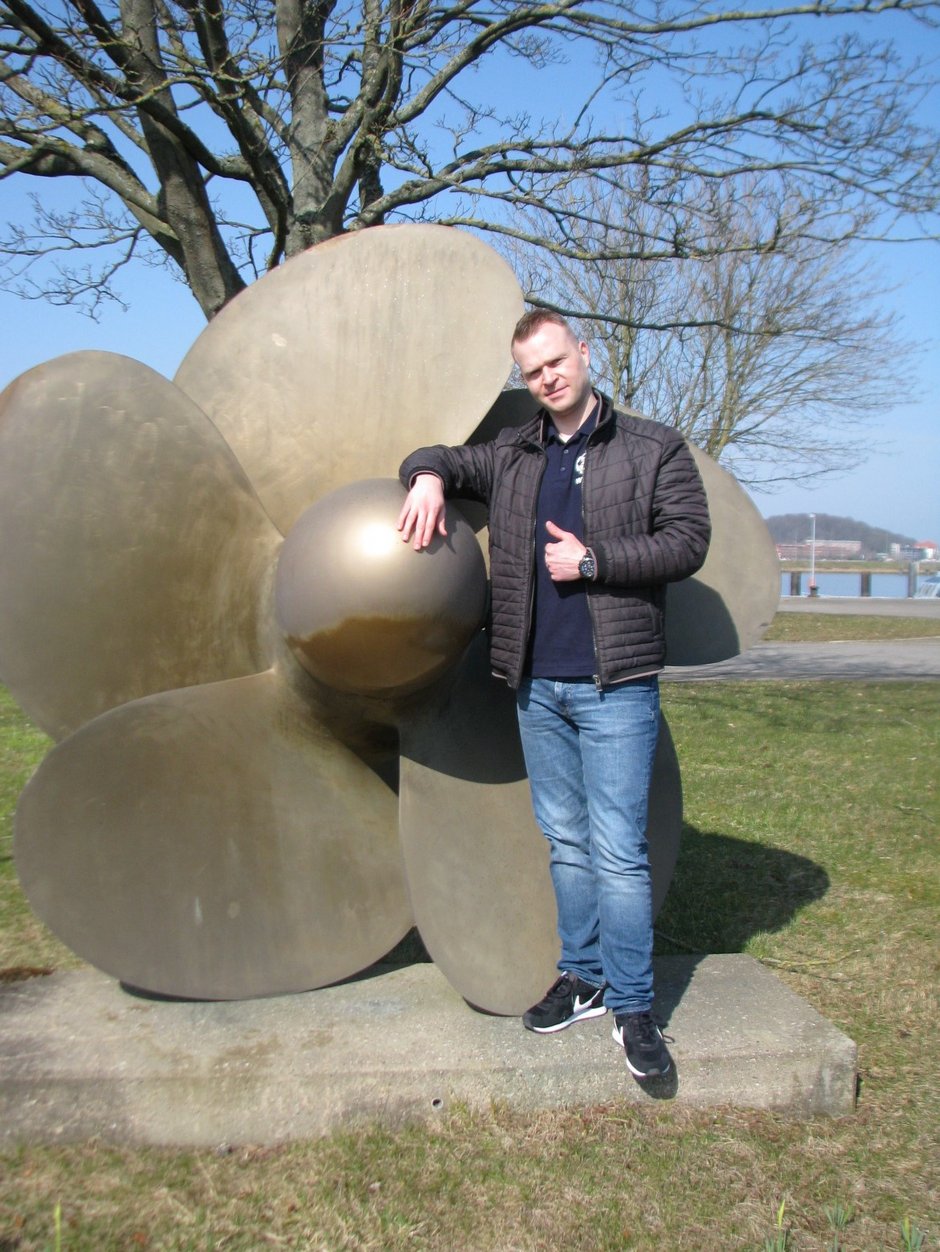
Some time ago, I met Marvin Hecht at the Bundeswehr stand at the Clausthal University of Technology's hochsprung careers fair. But what made him decide to join the Bundeswehr?
Studies: Industrial engineering
Marvin first studied industrial engineering at the TU, then completed his doctorate and then worked at the Center for University Didactics (ZHD) as a didactic advisor. The 34-year-old grew up here in the region and came across the industrial engineering course through friends and school visits at the university. "It was interesting that you could combine business with engineering," says Marvin. During his doctorate at the Institute for Welding Technology and Separating Manufacturing Processes (ISAF), he realized that he enjoyed working with people, especially young people. During his work at the ZHD and also at the Technical College for Business and Technology (FWT) in Clausthal, he was able to pursue this passion further. In February last year, Marvin then moved to Kiel to join the German Armed Forces. His basic motivation is to do something for the community and to work for an employer that is not profit-oriented but does something for society.
What opportunities are there?
It is possible to study directly at the Bundeswehr universities, but the doors are also open to students from other universities. For example, there are internships or the opportunity to write Bachelor's and Master's theses. Marvin's task is to support students within the framework of university cooperation and to supervise theses in Kiel. The possible areas are very diverse: everything is possible, from marine engineering and operational technology to ventilation and air conditioning technology. Students from the fields of mechanical engineering, design engineering, industrial engineering and drive technology are always welcome in Kiel. According to Marvin, the students are supported in every way possible. "For example, we work together on presentations and publications for specialist articles in order to pave the way into the scientific community as early as possible," he explains. Support is also provided with patent applications, applications for prizes and the promotion of young talent.
"Everyone should find out what is important to them and what drives them," concludes Marvin. "You shouldn't just sit at university, you should think about the direction you want to take at an early stage."
